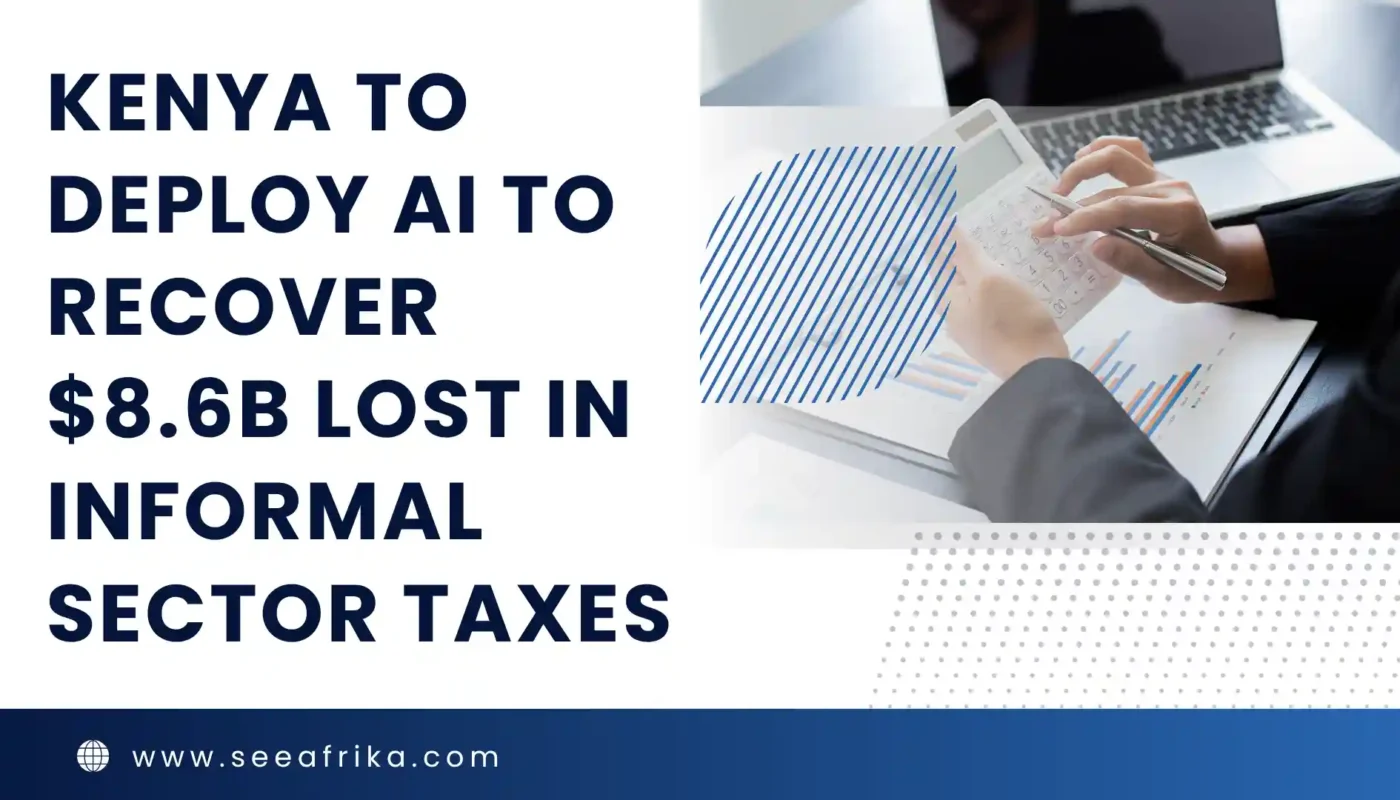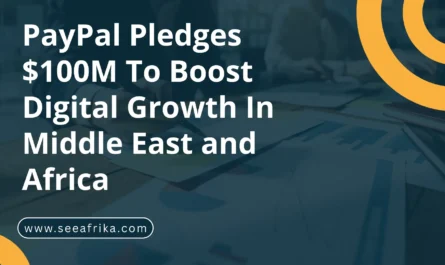Kenya is taking a bold step to close the huge tax gap in its informal economy. The government plans to use artificial intelligence (AI) to automate tax collection. This move aims to recover an estimated $8.6 billion lost annually due to tax evasion and informal trade. The shift to AI signals a new era for tax enforcement in Kenya and potentially across Africa.

The Scale of Kenya’s Informal Economy Challenge
Kenya’s informal sector accounts for more than a third of its GDP and employs over 80% of the workforce. Despite its size, much of this sector remains exempt from formal taxation. The government has struggled for years with limited success in taxing small businesses, street vendors, and gig workers.
Tax losses in this sector have a direct impact on Kenya’s public services. Roads, schools, and healthcare suffer when revenues fall short. Closing this gap in a fair and efficient manner has become a top priority. This is where AI in Kenya is poised to transform the tax landscape.
AI in Kenya: Automating Tax Collection
Dr David Ndii, President William Ruto’s chief economic advisor, announced that Kenya would soon deploy AI algorithms to take over tax enforcement tasks traditionally done by human officers. The government plans to reduce its reliance on manual checks, which are slow, costly, and prone to corruption.
The AI system will analyze transaction data from Kenya’s widespread digital finance platforms. These platforms include M-Pesa, which is used by millions daily for money transfers, payments, and savings. By tapping into this data, the AI can track informal income flows that previously went undetected.
Also read:
How AI Will Track Informal Income Flows
Digital finance platforms generate vast amounts of transaction data every day. The new system will use machine learning algorithms to detect patterns of undeclared income. It will automatically calculate the amount of tax owed and alert relevant authorities or issue digital tax notices directly to taxpayers.
This data-driven approach means fewer tax evaders can hide behind cash-only transactions. M-Pesa’s deep penetration across rural and urban Kenya makes it an ideal backbone for the AI tax system. This smart use of technology promises greater accuracy, fairness, and efficiency.
Benefits of AI in Kenya’s Tax Reform Drive
The AI-driven tax model offers several benefits:
- Efficiency: Automated data analysis streamlines tax identification and minimizes paperwork.
- Transparency: Algorithms reduce human discretion and potential corruption.
- Inclusivity: More informal workers and small businesses get correctly taxed.
- Revenue Growth: Recovering billions could drastically boost public spending and service delivery.
Dr Ndii stressed that a well-implemented AI tax system will encourage voluntary compliance. Citizens will see that the process is fair and data-backed. This could improve trust between taxpayers and the government.
Potential Blueprint for Africa’s Digital Economies
Kenya’s deployment of AI in tax enforcement is not just a national experiment. Africa is witnessing rapid growth in mobile money and digital services. Informal economies across the continent face similar challenges in tax collection.
If Kenya’s AI model proves successful, it could set a new standard. Other African countries could adopt similar AI-driven tax systems tailored to their own digital finance ecosystems. This blueprint could help governments mobilize domestic revenue without stifling informal businesses.
Challenges and Considerations for AI in Kenya
Despite the potential, deploying AI in tax collection has challenges:
- Data Privacy: Protecting citizens’ financial data will be crucial.
- Digital Divide: Some informal sector members still rely heavily on cash.
- Resistance to Change: Taxpayers and officials alike may resist AI oversight initially.
- System Accuracy: AI models must minimize false positives to avoid wrongly taxing compliant citizens.
The government must address these concerns with clear policies, strong data security, and public education campaigns.
Kenya’s Future with AI-Driven Taxation
Kenya is at the forefront of integrating AI into governance. The country’s success could transform its informal sector and unlock billions for development. The AI in Kenya tax initiative represents more than technology; it signals greater use of data and innovation to solve deep-rooted economic issues.
As Kenya prepares to launch this system, the world will watch closely. This could be a landmark moment for AI adoption in African public policy and digital financial inclusion.




